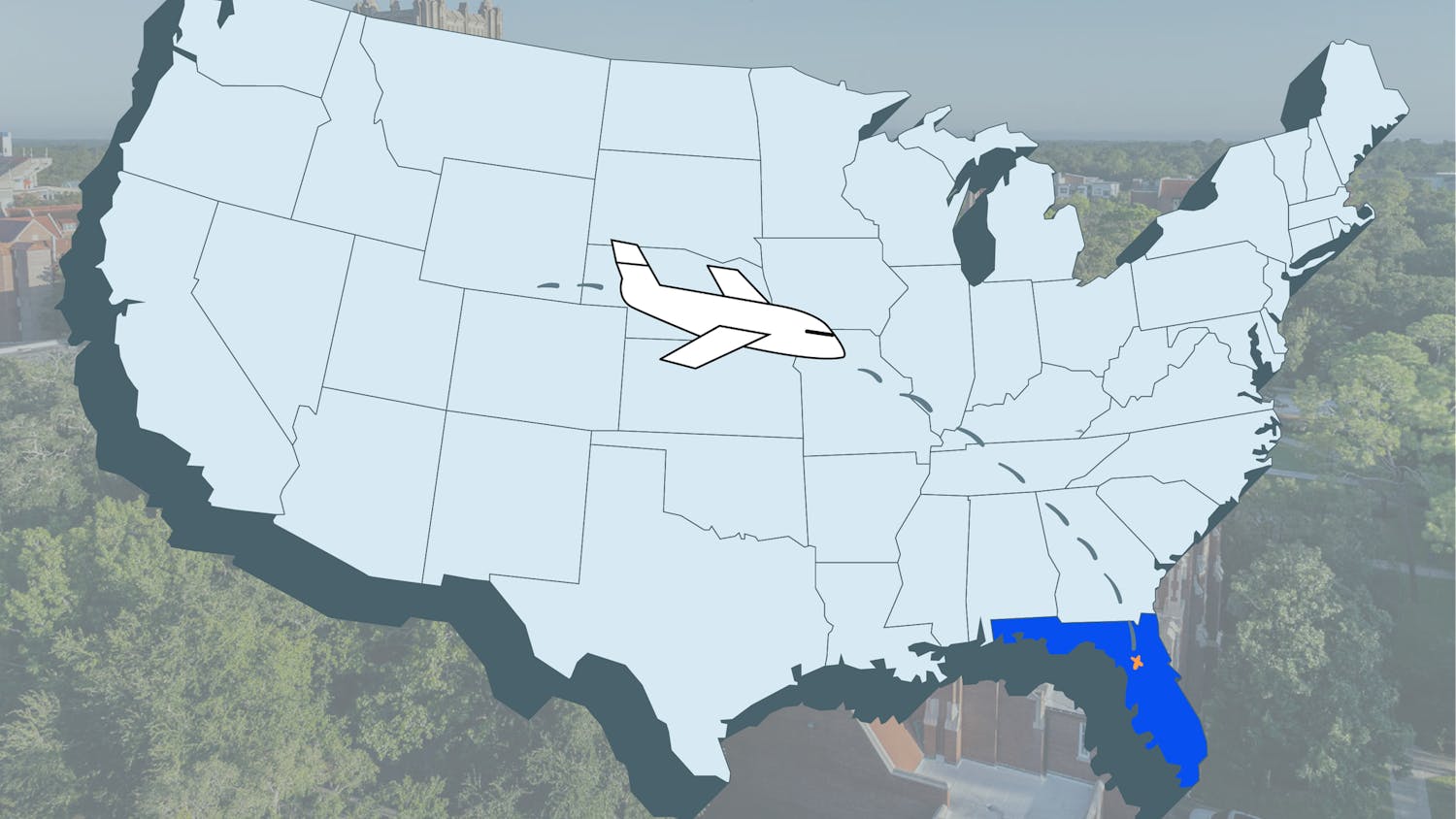The goal of terrorism is clear. Just as their name suggests, terrorists want us — those living in the free world — to live in a state of constant terror. They want us to question whether it’s safe to do things like travel, go to work or go to a concert. The simple liberties we take for granted each day are what they are after.
After the bombing in Manchester, England, last week, the world felt helpless. Twenty-two innocent concertgoers lost their lives. Fifty-nine were injured. Fear-stricken solacers began to mourn for those they had never met, and the world fell into a unified depression.
Not shortly after the bomb went off and news broke about the horrific calamity in Manchester, people ran to social media to express their remorse. Social media became a coping mechanism people used to make sense of the attack. This tendency isn’t exactly a new one.
After the attack in Paris last year, people added frames to their Facebook profile pictures that read “Prières pour Paris,” which translates to “Prayers for Paris.” After the Orlando shooting last summer, #OrlandoStrong trended on every form of social media. After the most recent attack, we all “stood with Manchester” on Twitter, Facebook and every other form of social media to show we are grieving in solidarity with those who lost loved ones in the attack.
Although it appears as though social media has given the world a unique opportunity to stand in solidarity with strangers across the world, we fear that social media campaigns after terrorist attacks are actually doing more harm than good when it comes to battling terrorists.
As noted before, the goal of terrorism is not to annihilate a group of people. The goal of terrorism is to impact a group of people. To take away their freedom to live a carefree life and a life free of fear. When the internet explodes with social media posts about how devastating an attack was, the terrorists win.
When we express our sorrows, fears and utter disgust for acts of terrorism, we are practically giving the terrorists the ego boost they need to keep attacking us. This isn’t to say, of course, that you shouldn’t feel sad, hurt, angry or otherwise morose when news of a terrorist attack breaks. These attacks are demented, chilling and heartbreaking. Feeling this way is only natural.
What we suggest, however, is that instead of posting on social media to cope with your emotions after an attack, you find out what you can do to really help those who were impacted.
After the Orlando shooting, people donated blood to ensure those wounded would be able to live. After the Manchester bombing, strangers used social media with purpose when generous locals started #RoomForManchester and offered bewildered concertgoers a place to stay after the concert ended in catastrophe.
What the world needs after a terrorist attack is not another social media campaign. What the world needs is generous people, willing to do what they can to help those affected. Showing terrorists that we can survive past their attacks and come out stronger shows the free world in a different light. We no longer look like a mourning, defeated and sad society. We look instead like a society of robust and resilient individuals.
What we urge you to do, dear reader, is to think before you post. Think about whether what you say colors you a victim or paints you a buoyant hero. Think if what you say will let the terrorists win.





